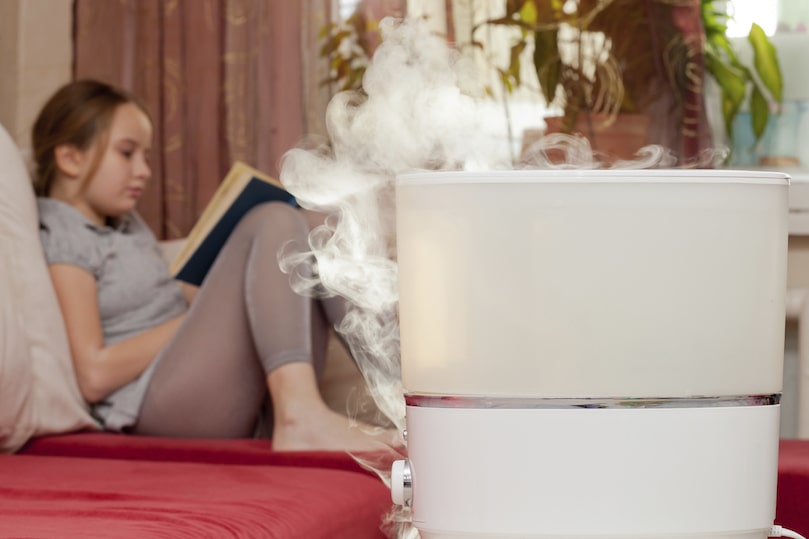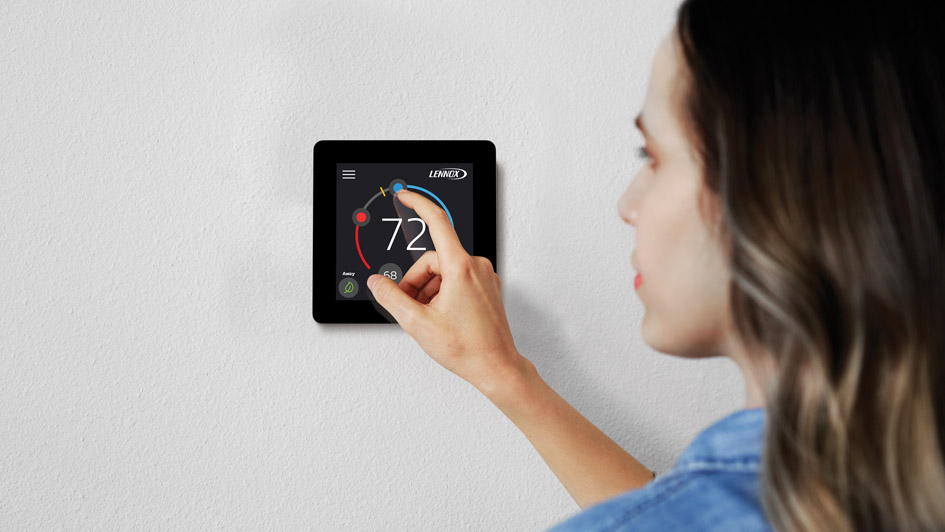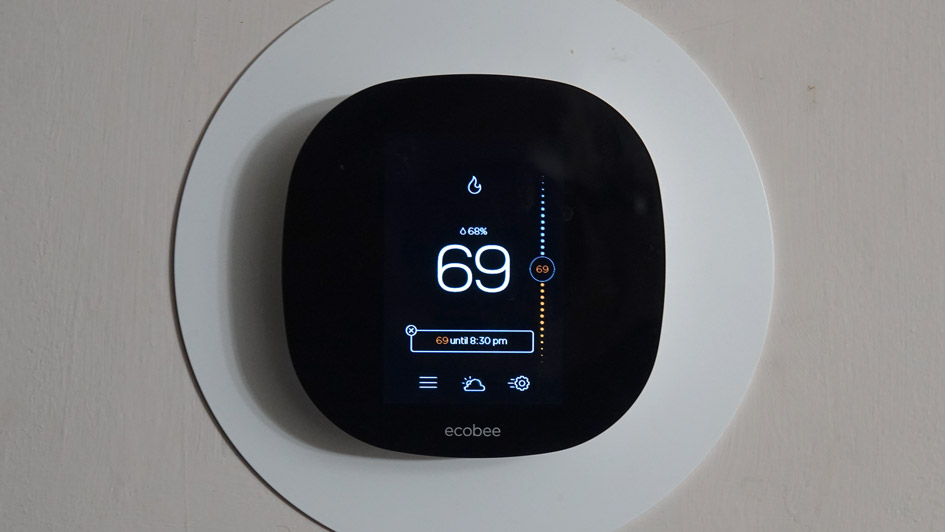Blog
Serving Bishop and These Areas
About Bishop Heating & Air Conditioning
At Bishop Heating & Air Conditioning, your home comfort is our highest priority. That’s why we offer reliable HVAC solutions and outstanding work in Bishop. Our technicians are educated in a full selection of services, so you can be confident in your results. They’ll give the assistance you are looking for, whether it’s installing a new HVAC system or servicing and tuning up your existing unit. We’re here to help with all of your needs, so ring us at 760-938-9833 or contact us online to get an appointment now.
Bishop Heating & Air Conditioning
463 N. Warren Street
Bishop, CA 93514
Phone: 760-938-9833
Email: [email protected]
License # 621790
© 2026 Bishop Heating & Air Conditioning | All rights reserved









